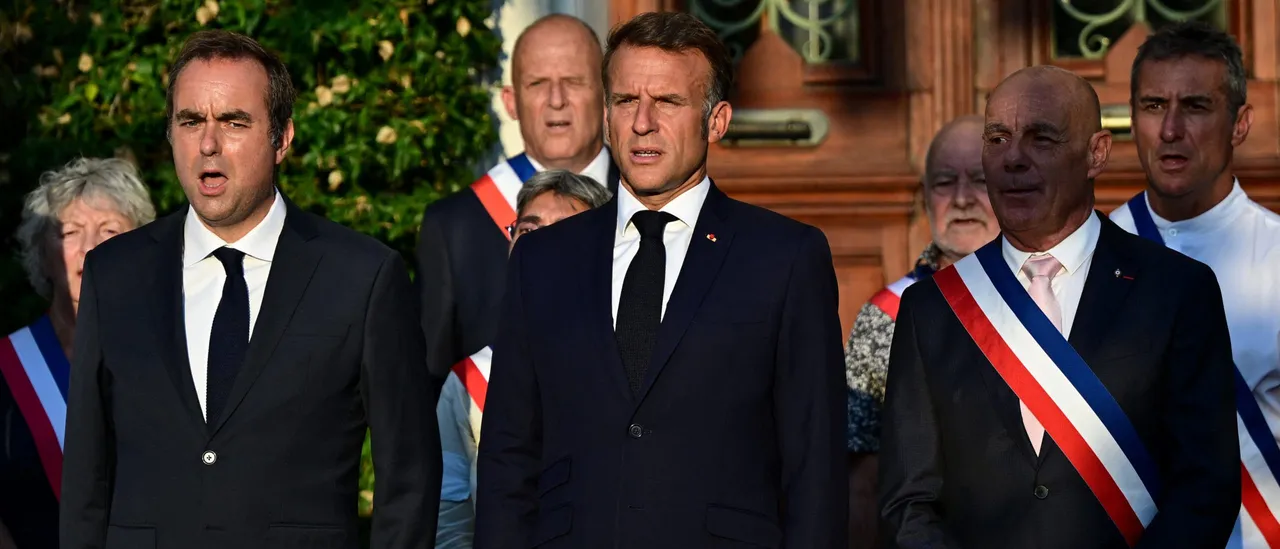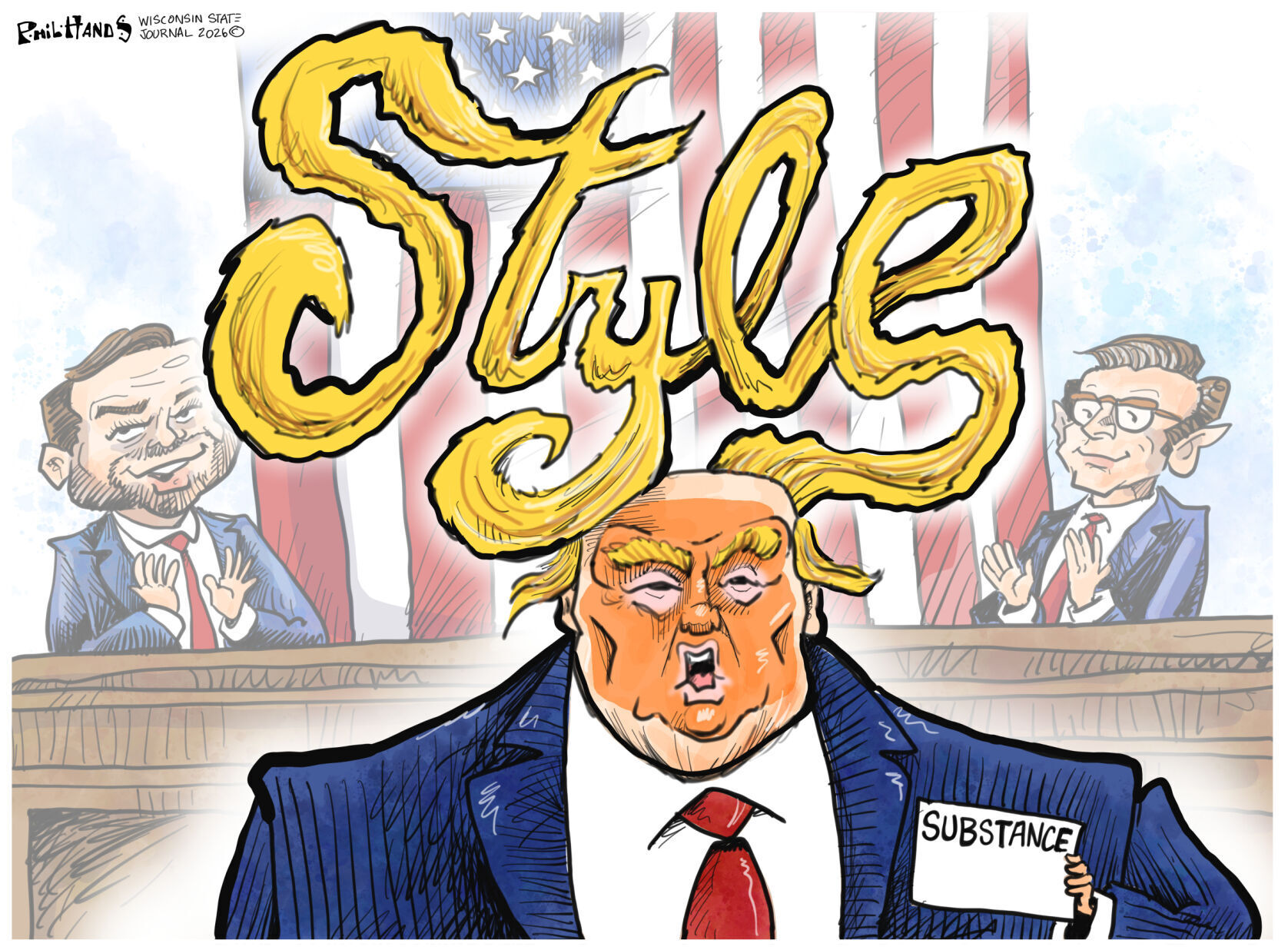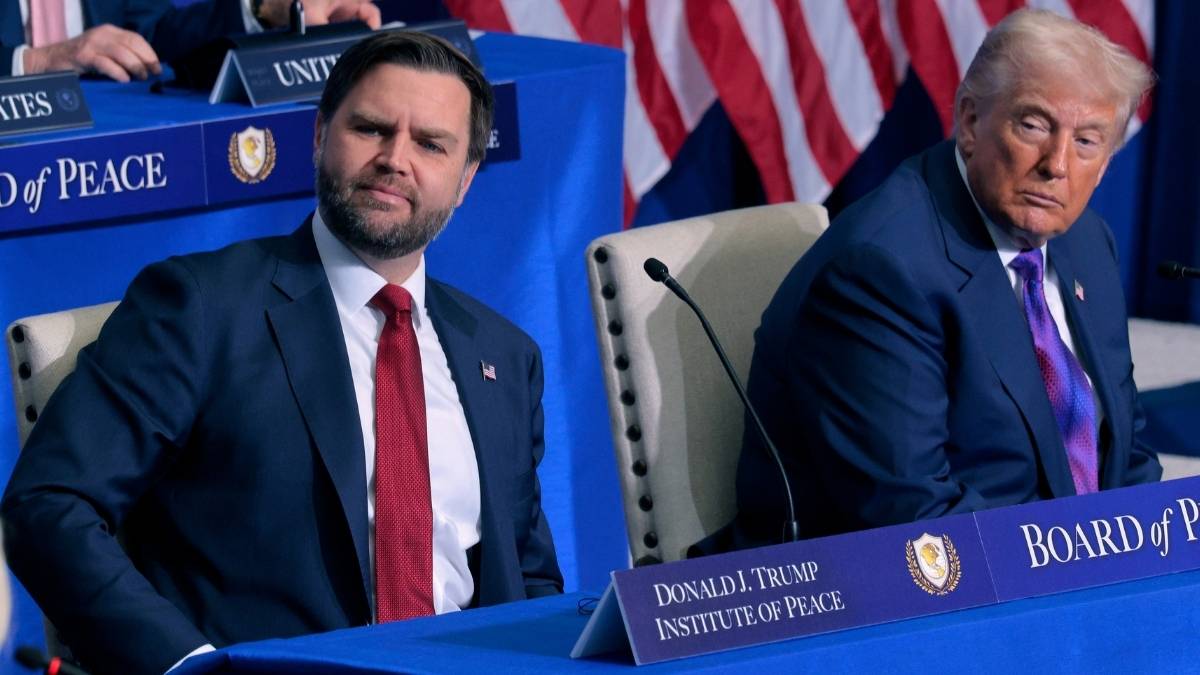France witnessed a historic government collapse when Prime Minister Sébastien Lecornu resigned just 14 hours after naming his cabinet, ending a brief 27-day tenure. His exit, reportedly driven by conservative pressures, marks the shortest term for a French prime minister since the Republic’s inception in 1958.
France’s New Government Collapses In Just 14 Hours

Key Takeaways:
- The cabinet lasted only 14 hours after being named
- Sébastien Lecornu served just 27 days as prime minister
- His resignation is the shortest tenure since 1958
- Conservatives pressured Lecornu to step aside
- Lecornu was a leading figure in President Macron’s Renaissance party
Context: A Government in Flux
France’s political arena has been tumultuous, with shifting alliances and mounting tensions challenging the stability of new leaders. When Prime Minister Sébastien Lecornu stepped into his role, he aimed to form a cabinet that reflected President Emmanuel Macron’s centrist Renaissance party ideals.
A Record-Breaking Short Tenure
After only 27 days at the helm, Lecornu made history for his unexpectedly brief time in office—the shortest of any French prime minister since the Republic was inaugurated in 1958. This record set the stage for a rapidly unfolding chain of events that rocked French politics.
The 14-Hour Collapse
Fourteen hours after announcing his cabinet lineup, Lecornu submitted his resignation. According to reports, conservative factions applied intense pressure, prompting the abrupt dissolution of his administration. The speed of this collapse underscores the deep political divisions that have simmered beneath the surface of French governance.
Impact on Macron’s Renaissance Party
Lecornu was a high-profile figure in President Macron’s centrist movement, which strives to bridge France’s political divides. His rapid departure, however, raises concerns about the overall unity and direction of the Renaissance party. Observers question whether this episode signifies deeper fractures within the party or merely reflects the volatile nature of coalition-building in France.
What This Means for France
In the midst of economic and social challenges, France is now confronted with further uncertainty due to this unprecedented government collapse. The event serves as a stark reminder that even experienced figures can succumb to rapid political upheaval, and it underscores the intricate balancing act required to maintain authority in a divided political landscape.











